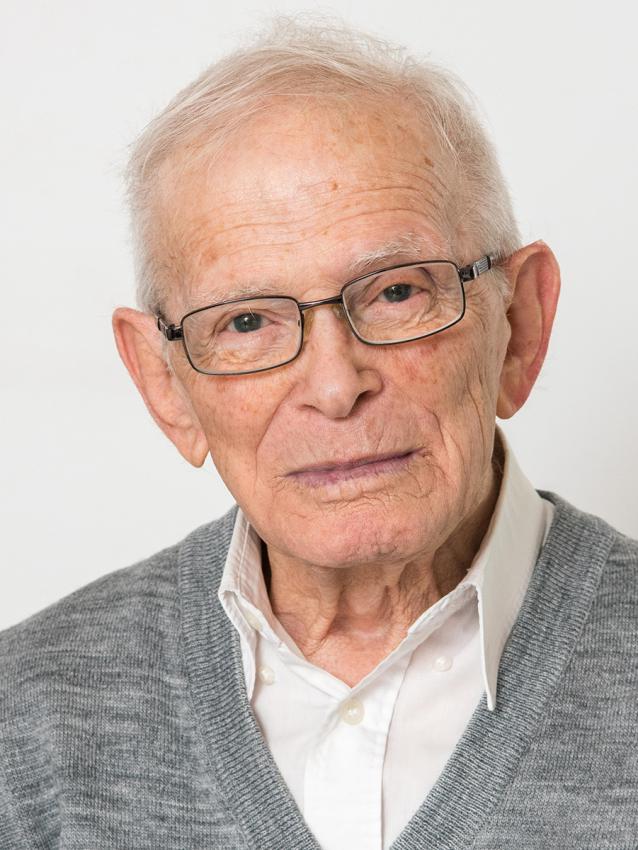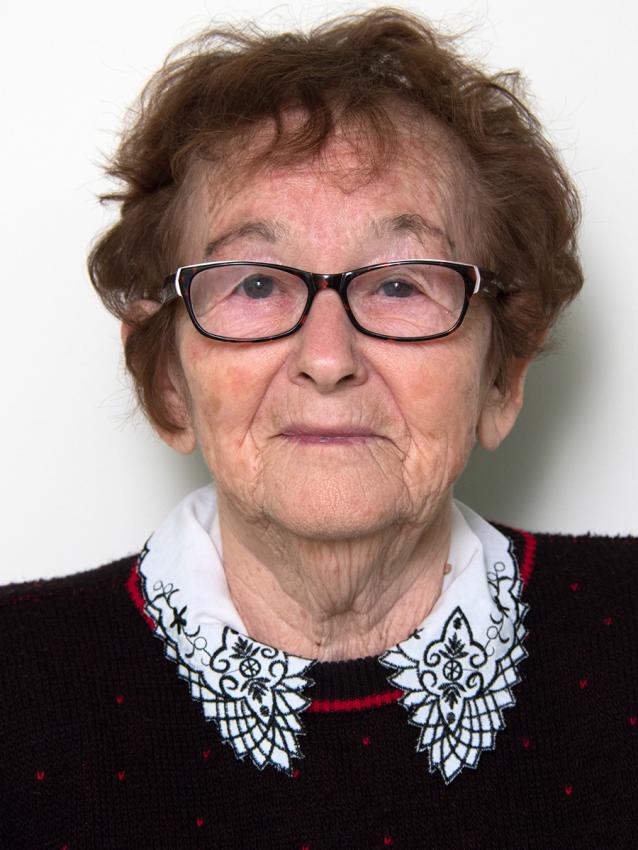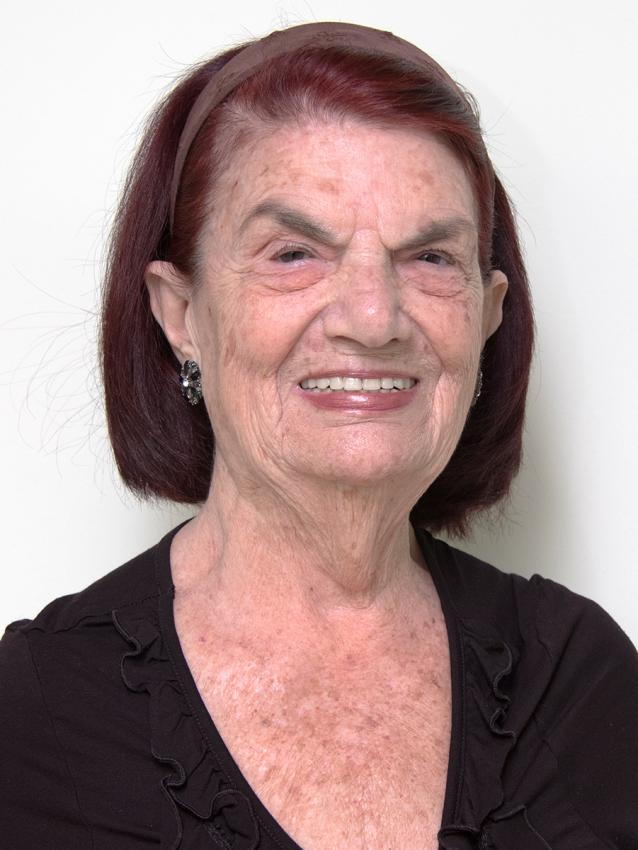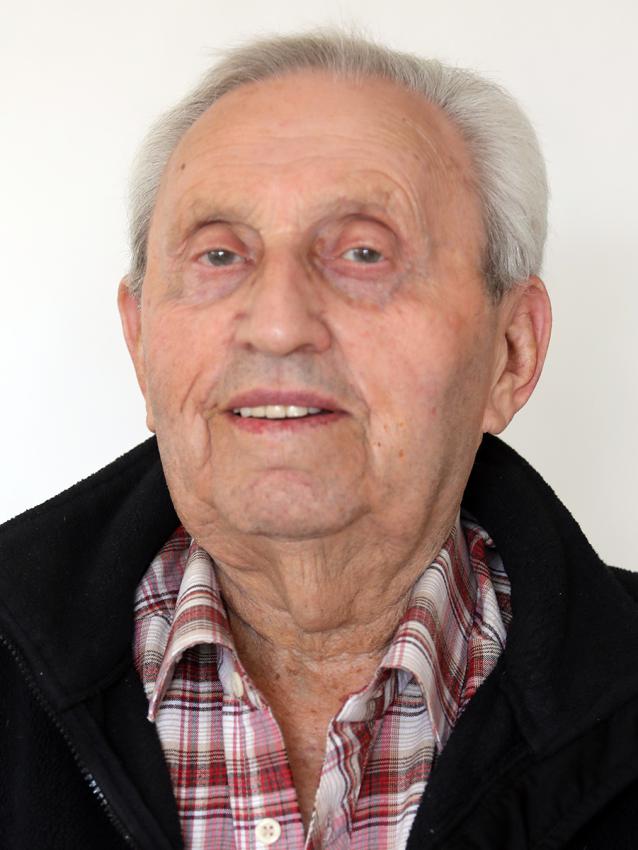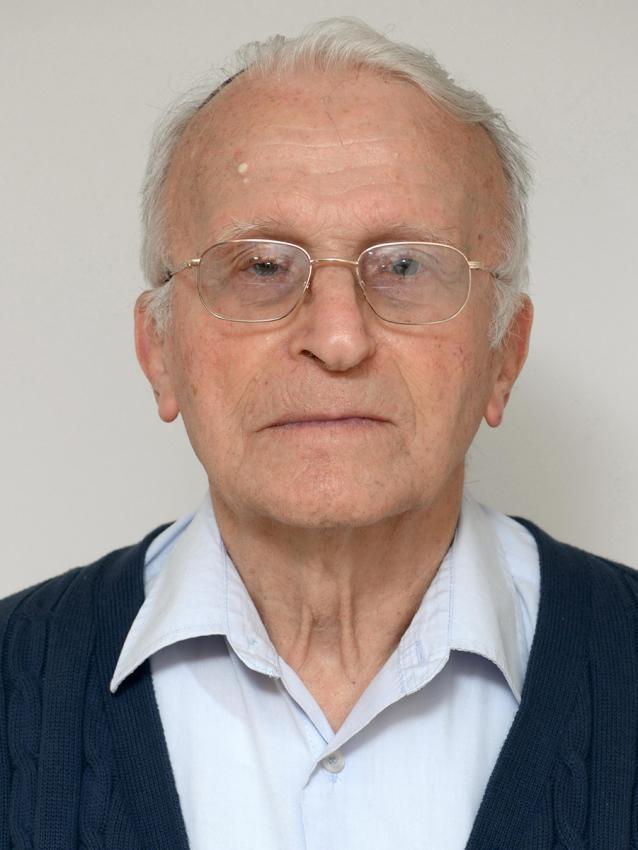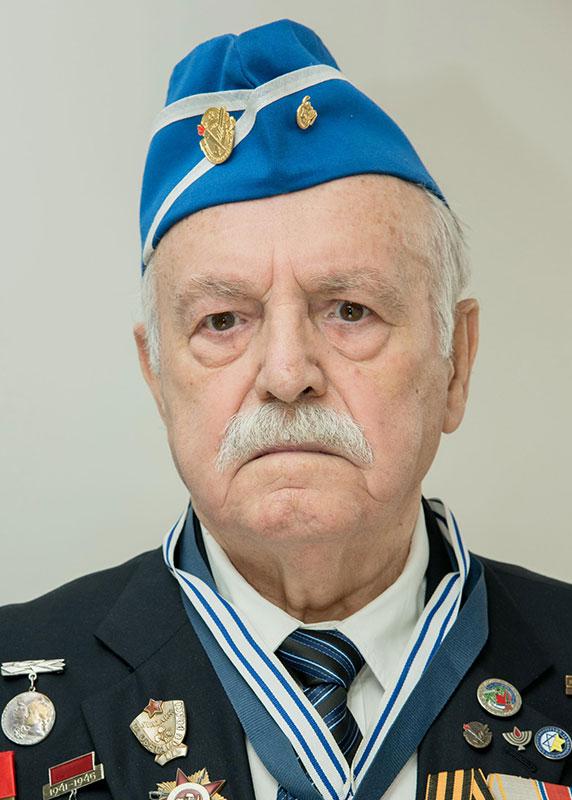19 April 2017
Attached are the personal stories of the six Holocaust survivors chosen as this year's honored torchlighters at the Opening Ceremony for Holocaust Martyrs' and Heroes' Remembrance Day, 23 April 2017.
First Torch – Moshe Ha-Elion
Second Torch – Moshe Jakubowitz
Third Torch – Jeannine Sebbane-Bouhanna
Fourth Torch – Moshe Porat
Fifth Torch – Max Privler
Sixth Torch – Elka Abramovitz
During the ceremony, short videos about each of the torchlighters will be shown. They were produced and directed by Levi Zini. These videos will be available on the Yad Vashem website in the section dedicated to Holocaust Remembrance Day.
The central theme for this year's ceremony is "Restoring Their Identities: The Fate of the Individual During the Holocaust."
The official Opening Ceremony for Holocaust Martyrs’ and Heroes’ Remembrance Day will take place on Sunday, 23 April 2017 at 20:00, in Warsaw Ghetto Square, Yad Vashem, Mount of Remembrance, Jerusalem.
At the ceremony, Israel’s President Reuven Rivlin and Prime Minister Benjamin Netanyahu will both deliver remarks. Yad Vashem Chairman Avner Shalev will kindle the Memorial Torch. Esther Miron will speak on behalf of the survivors. The ceremony will also include the traditional memorial service – Chapter of Pslams: Chief Rabbi of Israel Rabbi David Lau; Kaddish: Rishon LeZion Chief Rabbi of Israel Rabbi Yitzhak Yosef; El Maleh Rahamim, the Jewish prayer for the souls of the martyrs: Cantor Lipa Glantz.
Participants in the ceremony will include singers Roni Dalumi and the IDF Paratroopers’ Honor Guard. Narrative pieces: Actor Adir Miller. The evening’s MC will be Hila Korach.
The ceremony will be broadcast live on television on Channels 1, 2, 10 and 33, on Channel 9 in Russian, and on the news websites Ynet and Walla as well as on radio on Kol Israel and Galei Zahal. It will last approximately 75 minutes.
For the first time, Yad Vashem will broadcast the official ceremony marking the start of Holocaust Martyrs' and Heroes' Remembrance Day. The live feed will be accessible via Facebook and Yad Vashem's YouTube Channel or through the Yad Vashem mini-site dedicated to Holocaust Martyrs' and Heroes' Remembrance Day.
The mini-site is comprised of information about the events and ceremonies as well as relevant educational materials.
Survivors' Address
Esther Miron
Esther Miron was born to Sara and Alfred-Abraham Eliezer Lȍwinger in Janoshaza in western Hungary. She was the eldest of four children in a religious family.
When the Germans invaded Hungary in March 1944, Esther was in Oradea. She was arrested for not wearing the yellow star and transferred to a jail in Budapest. In May 1944, she was taken to Kistarcsa, and from there to the Children’s Block in Auschwitz. “I lost my mother and sister in Auschwitz,” she recalls. “I underwent 17 selections by Mengele. He took my sister away from me during the ninth one.”
In the fall of 1944, Esther was transferred to Birkenau. In November 1944, she was sent to Lenzing, a sub-camp of Mauthausen in Austria, where she worked in a plastics factory. From March-April 1945, she fell ill from malnutrition and was hospitalized at the camp infirmary. Her bed consisted of sheets of paper on the ground.
When the US Army arrived on 8 May 1945, Esther was carried to a Red Cross hospital. After recuperation and a stay at DP camps in Germany, she set sail for Eretz Israel, reaching its shores in April 1948. She studied the History of the Jewish People at the Hebrew University of Jerusalem, worked in the Central Zionist Archives, and researched the history of the leadership of the Zionist movement and Jewish settlement in the Land of Israel.
In the 1990s, Esther traveled to Hungary to conduct archival work for the Jewish Museum and the University of Budapest. She collected and edited Holocaust-era documents and photographs of the Jews of Hungary for display at the Simon Wiesenthal Center’s Museum of Tolerance in Los Angeles. She also published articles and lectured about the Holocaust, as well as the history of Zionism.
Esther has been the Chair of the Association of Hungarian Immigrants in Israel since 1996. To date, she has helped over 1,000 Holocaust survivors file claims for compensation and pension funds from the governments of Hungary and Germany. She is a member of an Israeli parliamentary organization to commemorate the Holocaust, the Hungarian committee of the Foundation for the Benefit of Holocaust Victims in Israel, and the Association of Israeli Archivists.
Esther and David z"l, a member of the Jewish Brigade who passed away 45 years ago, have two daughters, six grandchildren, and one great-grandchild.




